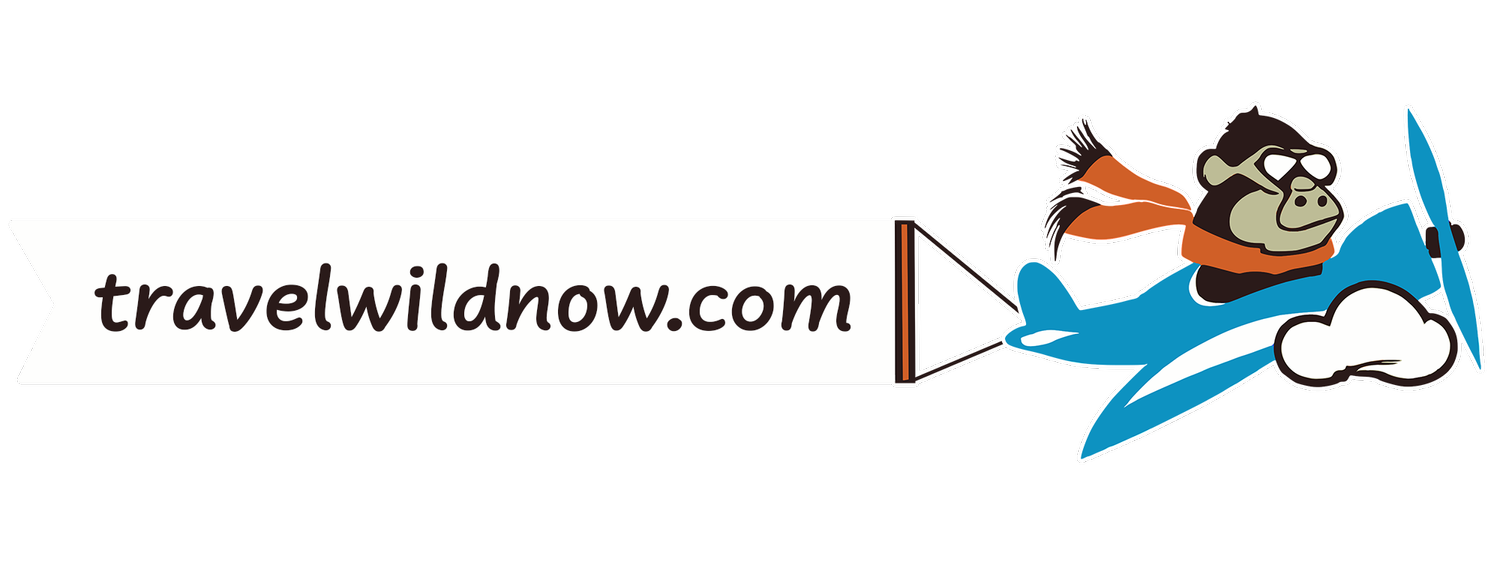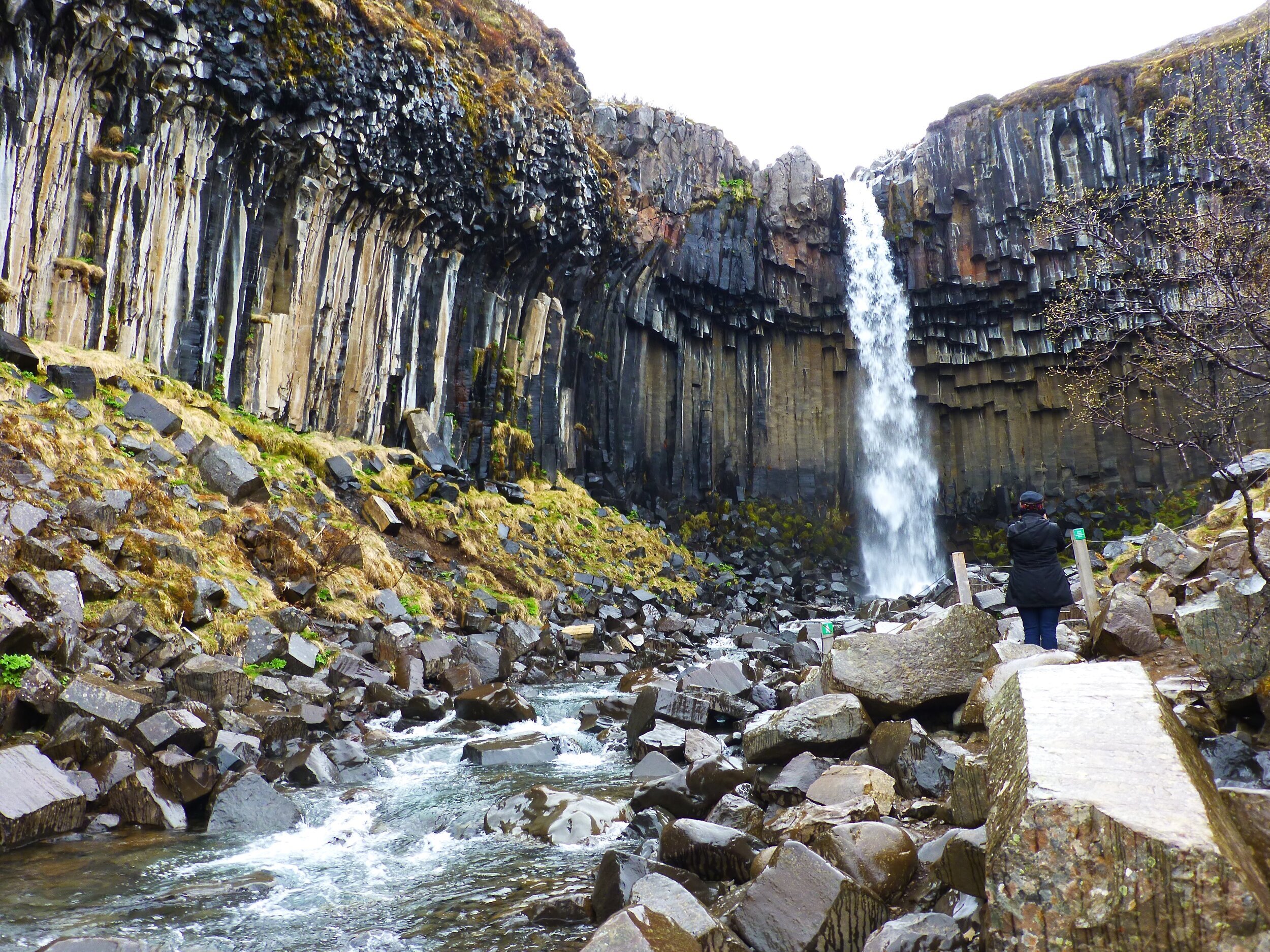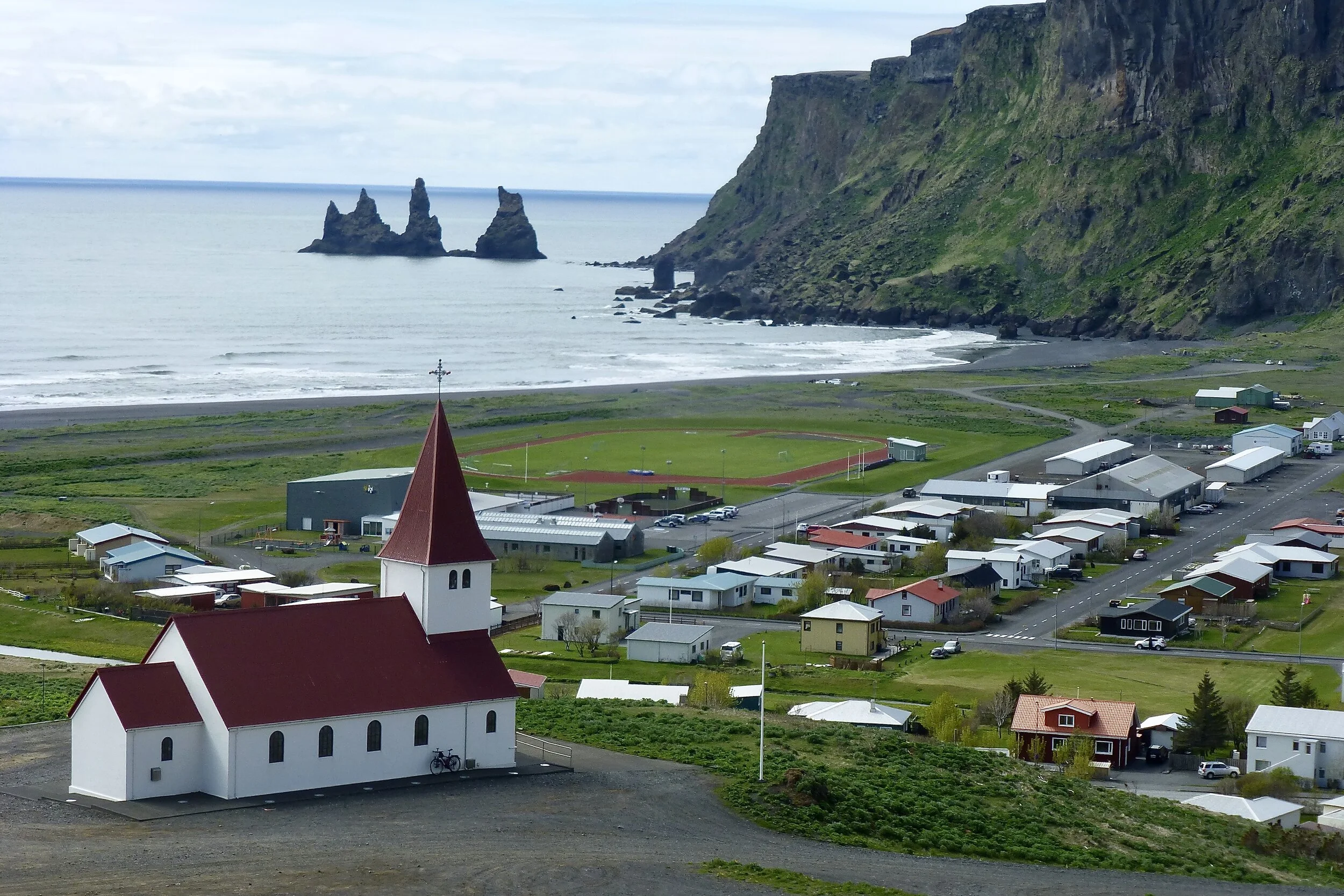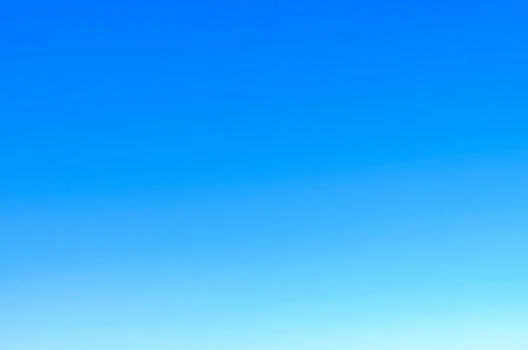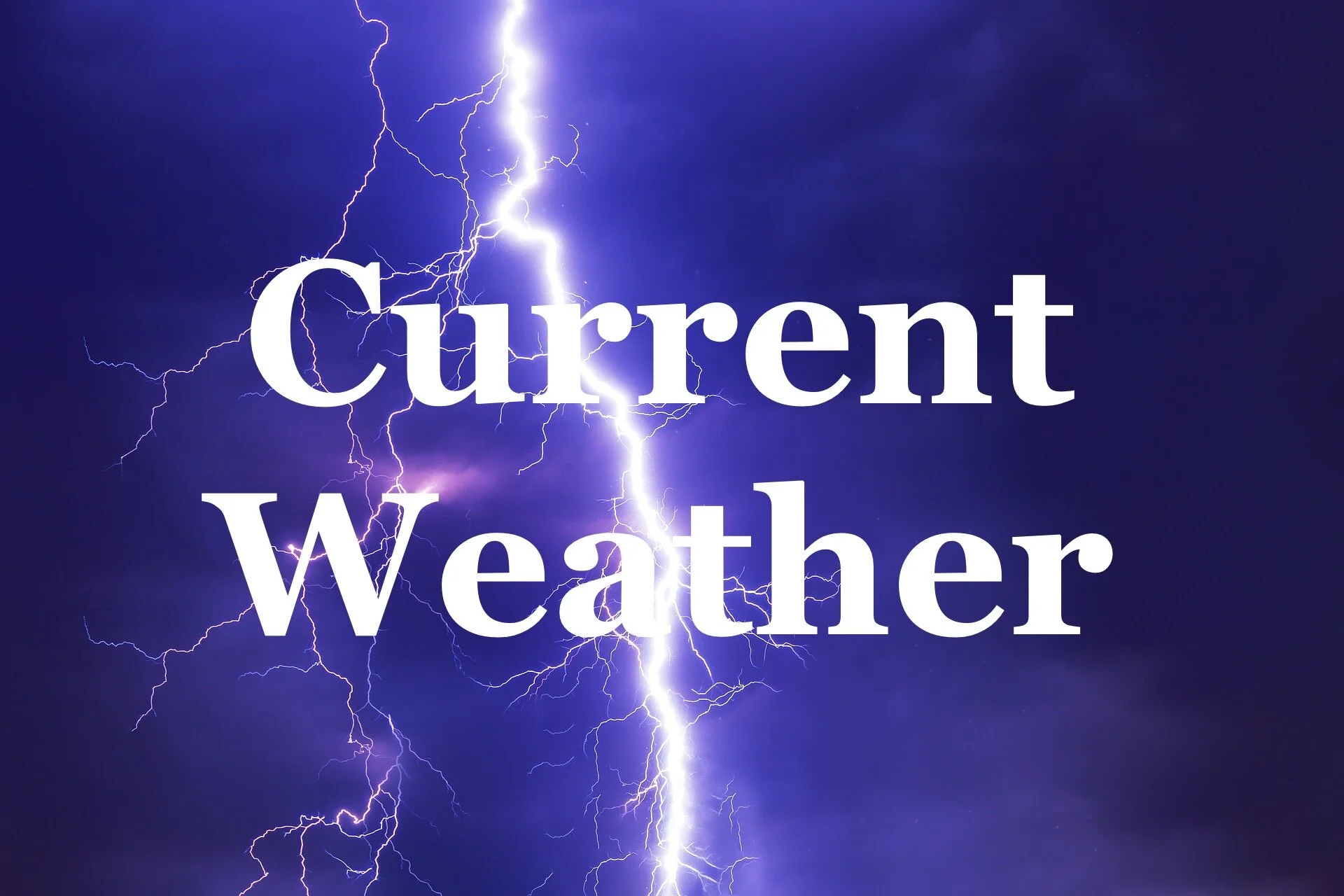ICELAND 11 days
This itinerary circles the entire country of Iceland. You visit Reykjavik, the picturesque town of Siglufjorour on the Trollaskagi Peninsula, Godafoss, Dettifoss and Selfoss waterfalls, the Mars like landscape of Lake Myvatn, viewing the puffins at Borgarfjordur Eystri, the Jokulsarlon Icebergs, Skaftafell National Park, the black beach at the town of Vik, Skogofoss, Seljalandsfoss and Guillfoss, the geysers and the Blue Lagoon.
Iceland is a Nordic island country in the North Atlantic, population of 350,000 making it the most sparsely populated country in Europe. Iceland is volcanically and geologically active. The interior consists of a plateau characterized by sand and lava fields, mountains, tundra climate and glaciers.
Iceland is warmed by the Gulf Stream and has a temperate climate, despite high latitude just outside the Arctic Circle. Iceland is similar in size to Austria and the U.S. state of Tennessee.
Tips:
Best way to plan and explore the best of Iceland: Do NOT make Reykjavik your home base.
Travel around the country. There is so much to see that it is impossible to reach each region from Reykjavik.
Car rental is your best option with freedom to venture wherever.
Safety tip: 112 Iceland is the app for the Icelandic Emergency Services, a necessary download if exploring the remote areas.
Iceland does not officially use the Euro, but there are some businesses that accept it.
The only legal currency is the Icelandic Krona (ISK). ATMs are located throughout the country.
Make sure you download the All-Trails app on your smartphone. Essential for any trek in Iceland.
Weather in Iceland is unpredictable and can change quickly at any time.
No matter the season, visitors should always have wind and water-resistant outerwear plus extra thermal layers on hand before heading out on excursions. Bring windproof pants for most hikes.
Icelandic Meteorological Office and in Belging you can find good information about weather forecasts.
On August 3, 2022, a new fissure eruption opened up slightly north of last year's eruption at Fagradalsfjall mountain on Reykjanes Peninsula.
DAY 1.
Arrive at Keflavik airport.
Proceed to the car rental pickup and transfer to your hotel.
Enjoy Reykjavik for the rest of your day. Thanks to its size, the downtown area is ideal for walking. Stroll the shops and restaurants along touristy Langavegur Street.
Reykjavík is famous for having a thriving nightlife scene. Breweries can be found everywhere and the craft beer selection is just excellent.
Travel Guides: Fodor’s Iceland and Lonely Planet Iceland.
Overnight: Reykjavik
Distance: Airport---> Reykjavik, 40 minutes
DAY 2.
Journey along the Ring Road (Route 1) to scenic Siglufjorour. The Ring Road is the nickname for Route 1, the country's main highway. Since most of Iceland's interior is uninhabitable wilderness, this Route 1 only goes around the populated coastal areas, alongside the most popular tourist attractions in the country.
Heading east on (Hwy 1) Ring Road, take Route 76 to the north. It’s a less traveled road with stunning scenery to Siglufjorour.
Siglufjörður, a small fishing village, is located on the Trollaskagi Peninsula. It is nestled in a narrow fjord and offers picturesque views. The village is famous for its hiking trails, breathtaking scenery, and opportunities for horse-riding activities amidst the steep mountains. After exploring Siglufjörður and enjoying lunch, you can take a short one-hour (1) drive to reach Akureyri.
The option to spend an extra day in the region is worthwhile.
Overnight: Akureyri
Distance:
Reykjavik ---> Siglufjorour. 5 hrs. / 335 km.
Siglufjorour ---> Akureyri. 1 hour.
TRAVEL TIP: Akureyri is referred as Iceland's second city. It is an excellent spot to stock up on supplies.
DAYS 3 and 4.
Visit Godafoss Waterfall. Explore one of Iceland’s most photographed waterfalls. <location>
From the parking lot, it is a short walk down to the waterfall.
Continue (1.5 hrs.) to the Lake Myvatn region. The lake was created by lava eruptions 2300 years ago.
The region is packed with volcanic and geothermal wonders such as pseudocraters, lava formations, mud pools, and nature baths.
Things to do in Lake Myvatn:
Lake Myvatn
A beautiful lake region with incredible geological features.
Hiking at Lake Myvatn.
Few places on earth feature such stunning landscapes and diversity.
Walk the Krafla Caldera
Don’t miss Leirhnjukur trail nearby. The trails are suitable for all ages.
Hike Namaskard Geothermal Field
A Mars landscape with sulfurous mud pits and steam vents.
It is a 90-minute walk as you catch a stunning view of Lake Myvatn.
Wander around Dimmuborgir
Stroll around an area of weird lava formations.
Overnight: Reykjahlio.
Distance: Akureyri ---> Lake Myvatn, 2hrs.
DAY 5.
Discover Dettifoss and Selfoss waterfalls. Dettifoss is the biggest in Europe in term of water volume.
Dettifoss and Selfoss are within walking distance of each other, 2 km (1 mi.) apart.
These two (2) waterfalls can be approached from (2) different sides off the Ring Road. (Route 1.)
From the West side take Route 862, and from the East side take Route 864 (gravel). <Map>
East side has better views. <View trail details>
Afterward drive to the charming picturesque fishing town of Seydisfjordur. It is a remote village at the edge of a fjord where even in the summer you may hit a snow squall passing through the mountains to reach the town.
Overnight: Seydisfjordur <where to stay>
Distance:
Lake Myvatn ---> Dettifoss Waterfall, 1.5 hrs.
Dettifoss ---> Seydisfjordur, 2.5 hrs.
DAY 6.
During the summer Seydisfjordur offers numerous outdoor activities, ranging from hiking and biking to sailing.
Best Seydisfjordur hike (on a clear day):
Mount Bjólfur is a 10 km (6.4 mi.) moderately trafficked out and back trail with breathtaking views. Rated: moderate.
DIVERSION: add a extra day, visit the Borgarfjordur Eystri area where a colony of puffins reside.
Borgarfjörður eystri is a short wide fjord known for its large colonies of Atlantic puffins and natural beauty. The small picturesque seaside village of Bakkagerði is one of the most unique villages in Iceland.
Getting to the puffin colony: Take Route 94 north to the end of the road (past Bakkageroi). View puffins on a wood platform.
Next stop is the small fishing town of Hofn. Many visitors will agree that the most breathtaking views along the Ring Road (Route 1) are in this region of Iceland.
Overnight: Hofn
Distance:
Seydisfjordur --> Borgarfjordur Eystri, 1.5 hrs.
Borgarfjordur Eystri --> Hofn, 3 hrs.
DAY 7
Embark to Jokulsarlon Icebergs. It is located between the towns of Höfn and Skaftafell, along the Ring Road (Route 1), making it easily accessible for travelers.
Jökulsárlón is a glacial lagoon formed by the melting ice from the Breiðamerkurjökull glacier. The lagoon is filled with stunning icebergs of various sizes and shapes.
Starting at the Jökulsárlón parking lot, it is a easy flat 7 km RT trail capturing nice views of the icebergs.
It’s a photo hot spot, where masses of blue icebergs flow down from a glacier toward the black beach. <trail details>
Boat tours are also available to get you closer to the maze of icebergs.
Hike to Svaftifoss
A unique waterfall with granite columns. <View trail details>
Distance: 5.5 km (round-trip)
Walking time: 2 hrs.
Route difficulty: Easy
Afterward drive (1 hour) to Skaftafell National Park. <map>
There are various hiking trails/walking tours to view the glaciers in Skaftafell Park.
One of the highlights in the park is a Ice Cave tour. <video>
Available: September to April <tours>
Overnight: Kirkjubaejarklaustur.
Distance:
Hofn —> Jokulsarlon Icebergs. 1 hr.
Jokulsarlon Icebergs ---> Svaftifoss waterfall. 1 hr.
Svaftifoss waterfall ---> Kirkjubaejarklaustur. 1 hr.
DAY 8
Embark on a captivating day as you journey through the charming town of Vik, known for its stunning natural beauty.
Make a stop at Dyrholaey, a magnificent natural arch located on the coast that provides a opportunity for stunning photographs.
For a tranquil experience, visit Reynifjara Black beach. This dramatic beach offers a striking contrast with its black sand and towering cliffs. You can take leisurely walks along the cliff trails.
Nearby is Skogarfoss Waterfall, one of the largest and most elegant waterfalls in Iceland. There is a staircase (428 steps) to the top for amazing views. <video>
Fimmvorouhals trail - a spectacular hike behind Skogarfoss waterfall. Allow 2 hrs. The trail is a scenic parade of waterfalls. Just do it ! <Gallery>
Final stop is Seljalandsfoss Waterfall. This unique waterfall (wet & slippery) appears on the cover picture of many Iceland Travel Guides.
—Why is the waterfall special? It’s the only waterfall that you can walk BEHIND it.
Overnight: Fludir area.
Distance:
Kirkjubaejarklaustur ---> Vik, 1 hr.
Vik ---> Fludir. 2 hrs.
DAY 9
Depart Fludir to Gullfoss Waterfall.
Today's itinerary covers the renowned "Golden Circle Tour," a popular excursion among travelers.
One of the main highlights is Gullfoss, a top tourist attraction. This majestic waterfall, along with the nearby Geysers, offers a captivating experience for visitors. Among the geysers, Strokkur is the most famous one. Its impressive eruptions, never fail to leave a lasting impression on spectators.
Afterward, if time permits, stop at Thingvellir National Park before heading to Reykjavik. <map> The park sits in a rift valley caused by the separation of two (2) tectonic plates, with rocky cliffs and fissures. Þingvellir is the only place on earth in which tectonic plates can be seen above ground. Diving tours offered.
Overnight: Reykjavik
Distance: Fludir ---> Reykjavik, 1.5 hrs.
DAY 10
On your final day in Iceland, visit the Blue Lagoon, a geothermal spa nestled in a lava field near Keflavik airport. This unique destination offers warm mineral-rich waters, including silica and sulfur, known for their therapeutic properties.
The Blue Lagoon also hosts a research and development facility dedicated to discovering remedies for various skin conditions. In fact, studies conducted in the 1990s demonstrated the beneficial effects of the lagoon's water on the skin disease psoriasis.
When you visit the Blue Lagoon, expect bathing and swimming water temperatures averaging around 37–39 °C (99–102 °F).
Afterward spend the rest of the day enjoying vibrant Reykjavik.
Overnight: Reykjavik
DAY 11.
End of your adventure. Return home.
F-Roads generally open June 15 - Sept 15
F-roads in Iceland are mountain roads; unpaved gravel track.
Prefixed with an F, such as F210, they have large potholes, many ruts or boulders on their surface.
Under NO circumstances should you attempt driving the F-roads to Landmannalaugar in a compact rental car.
A 4x4 car is a must!
Before you rent the vehicle, make sure that taking the rental car on the F-Roads is allowed.
Average cost:
(EXCLUDING AIRFARE)
$$$ USD for two (2)people
Budget: $3,600
Moderate: $4,300
Luxury: $5,600 +
Check out where you can observe this natural phenomenon.
December through March is the best time .
Climate Guide:
When is the best time to go to Iceland? Mid-June to mid September.
Per Year, Reykjavik has 225 precipitation days.
The warmest months are June, July, and August.
The coldest months are November through February
October is the wettest month. May is the driest.
There is approximately 20 hours of daylight during months of June and July
Aurora Borealis (Northern Lights map) visible from October to mid - March.
Sources: wikipedi.orgNo copyright infringement is intended on this website by travelwildnow.com